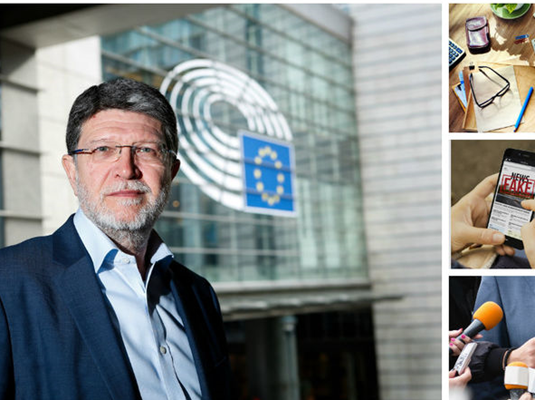Since the beginning of the year, an extensive series of misinformation has been circulating in media space and especially on social networks which have become an increasingly frequent source of information for many citizens due to the growing decline in trust in traditional media over the years. Some of the most common disinformation is that the coronavirus is a biological weapon developed by either China or the USA, Russia, Great Britain- up to your liking. Then, that the coronavirus pandemic did not start in Wuhan, but the virus originated in the USA or in one of their laboratories, and finally it is especially popular to say that the 5G network is to blame for the pandemic, writes RTL.
Croatian Member of the European Parliament Tonino Picula commented for RTL on how to dispute disinformation in the EU. „The European External Action Service (EEAS), a kind of European joint foreign ministry, is already implementing a major "EU against disinformation" project to monitor and expose fake news intruding the European media space. The European Parliament has the legitimacy of a democratically elected body, which gives it additional authority when it comes to fighting false news and misinformation, as well as the possibility of initiatives aimed at proposing and adopting new measures in that fight. In this regard, my political group in the EP, the Socialists and Democrats, proposed the formation of a Special Committee on Foreign Interference in Democratic Processes in order to comprehensively investigate this malignant phenomenon, its protagonists, and its sponsors. The decision has been made, and I expect its implementation after the European Parliament proceeds with its regular work“, he explained.
Picula does not doubt that “the main goal of disseminating misinformation, as foreign actors do, while some being geopolitical rivals of the European Union, is to destabilize it by spreading fear, uncertainty, and mistrust in the European Union's institutions, first through its own pro-government, para-government or covert media projects, and then through inclined or debased intermediaries in the member states, from the media to the political actors themselves across all levels.”
Read the full text at the link.


